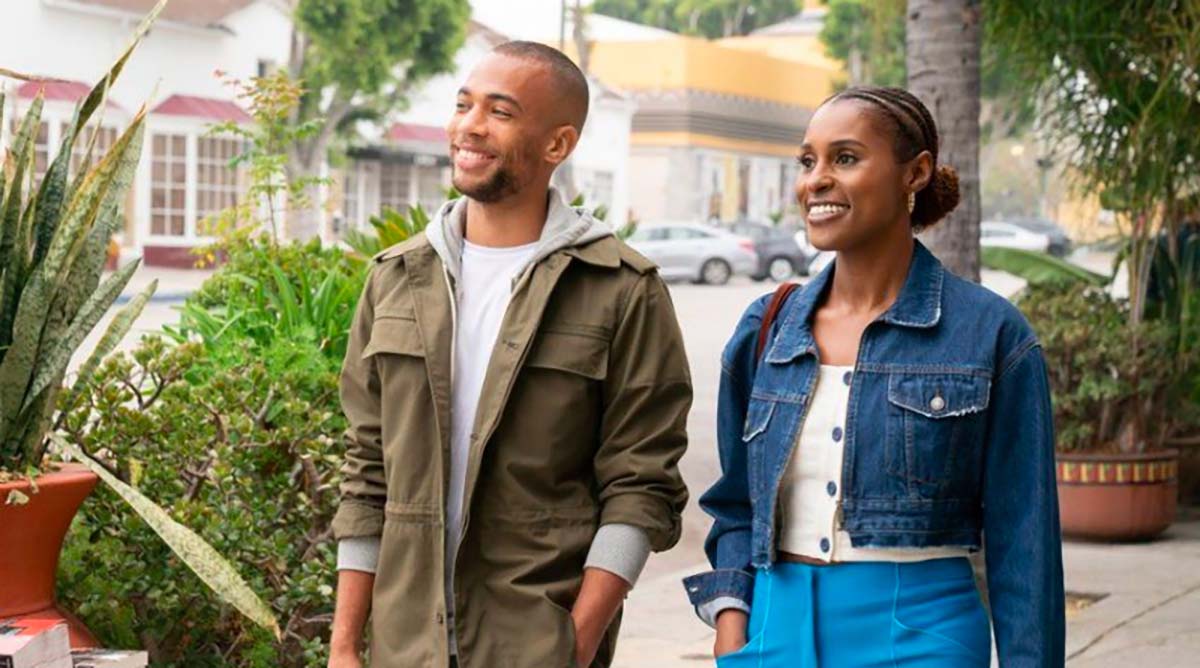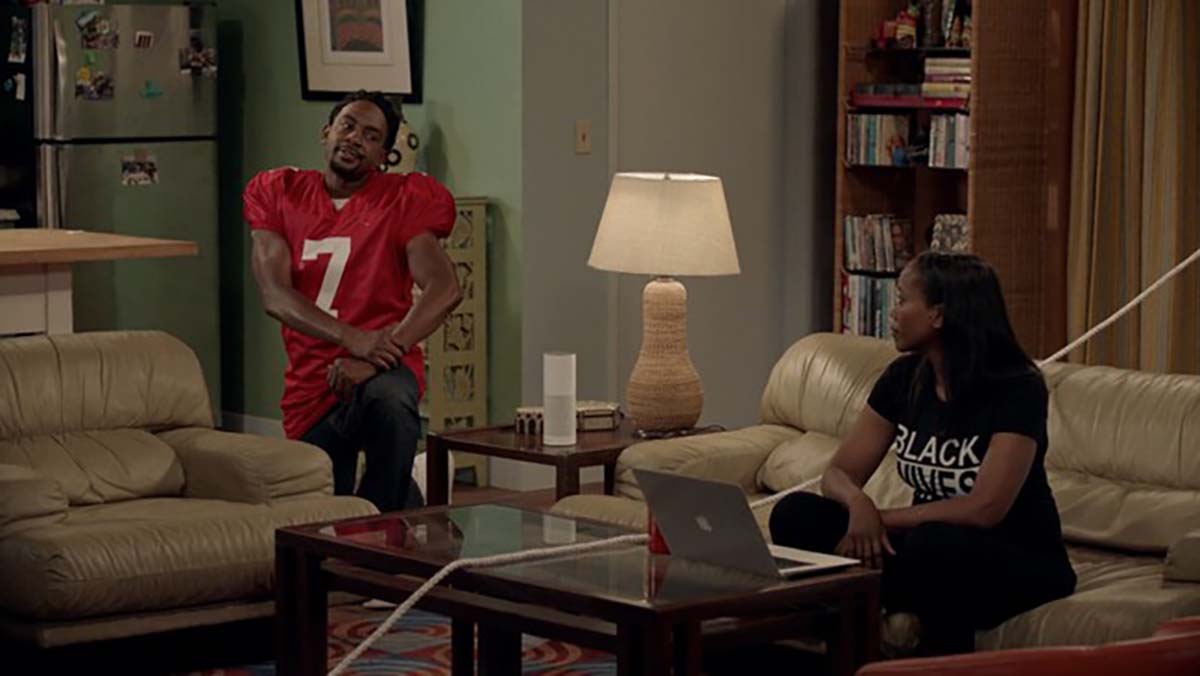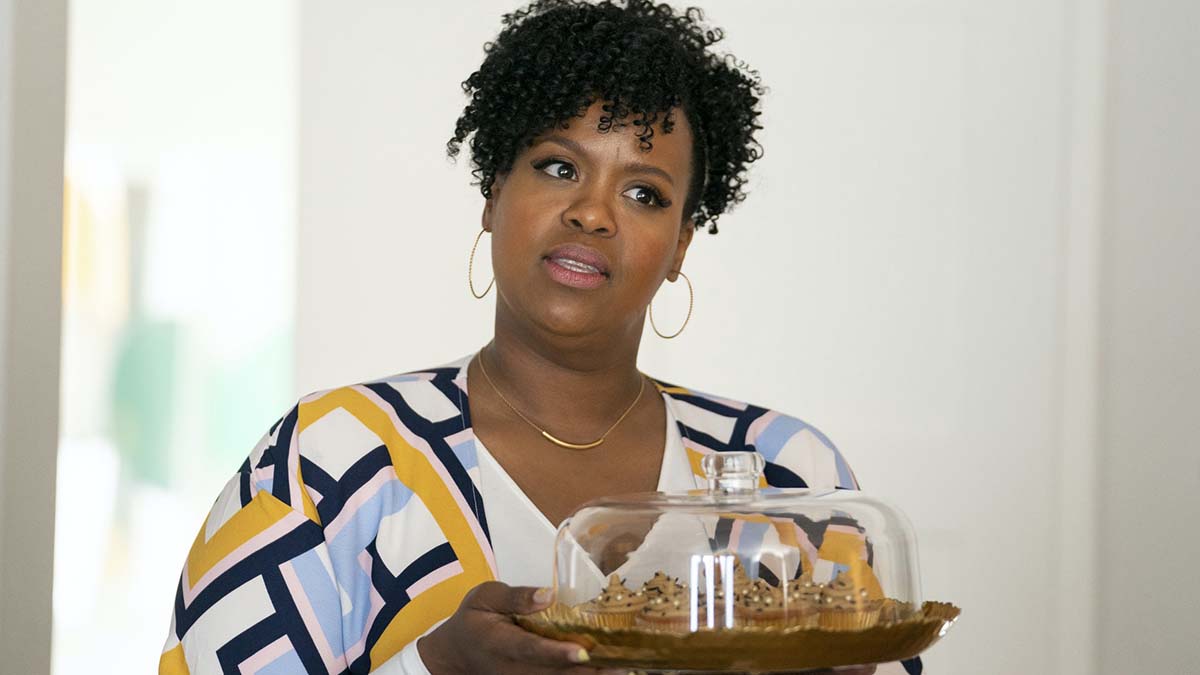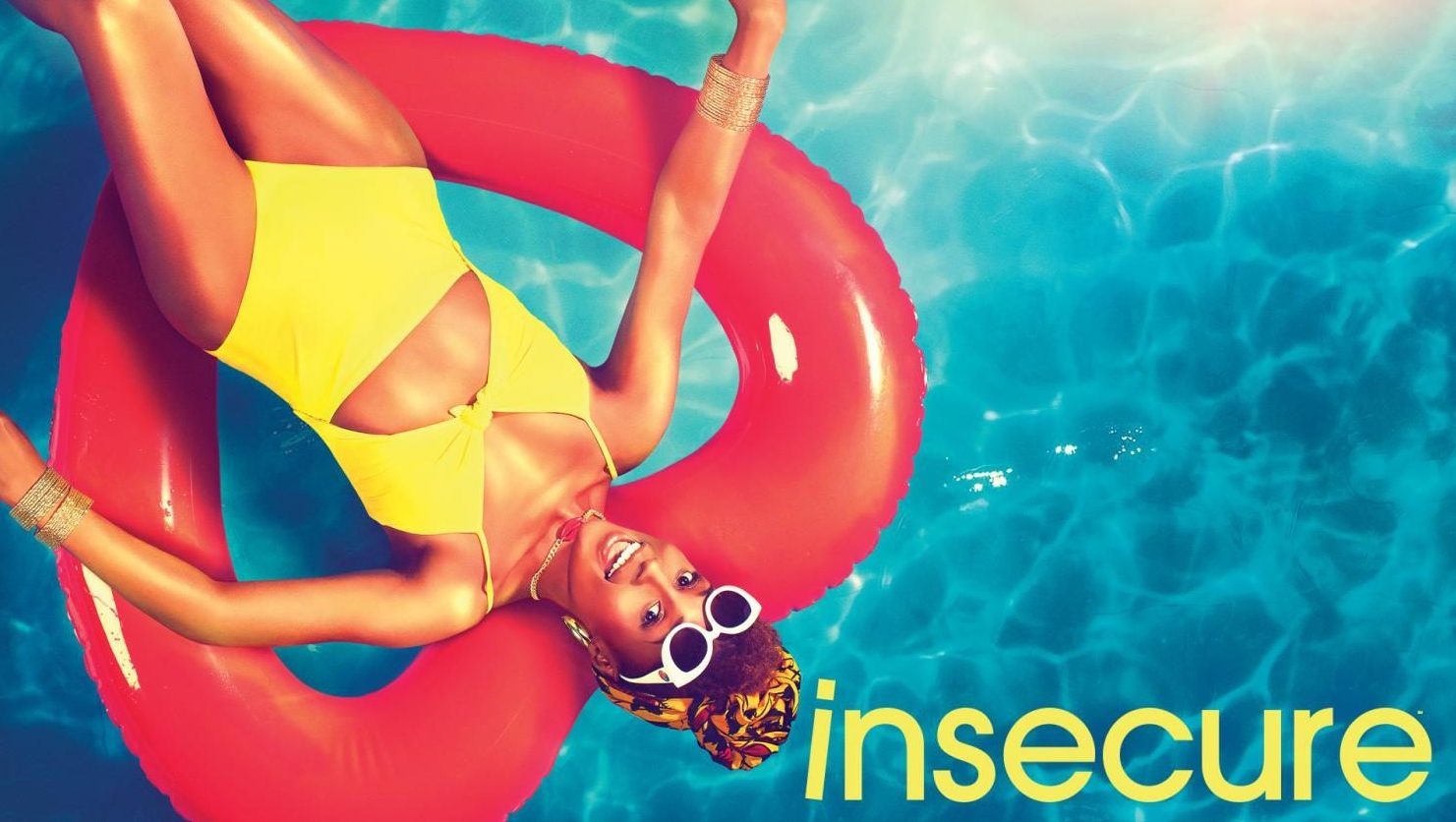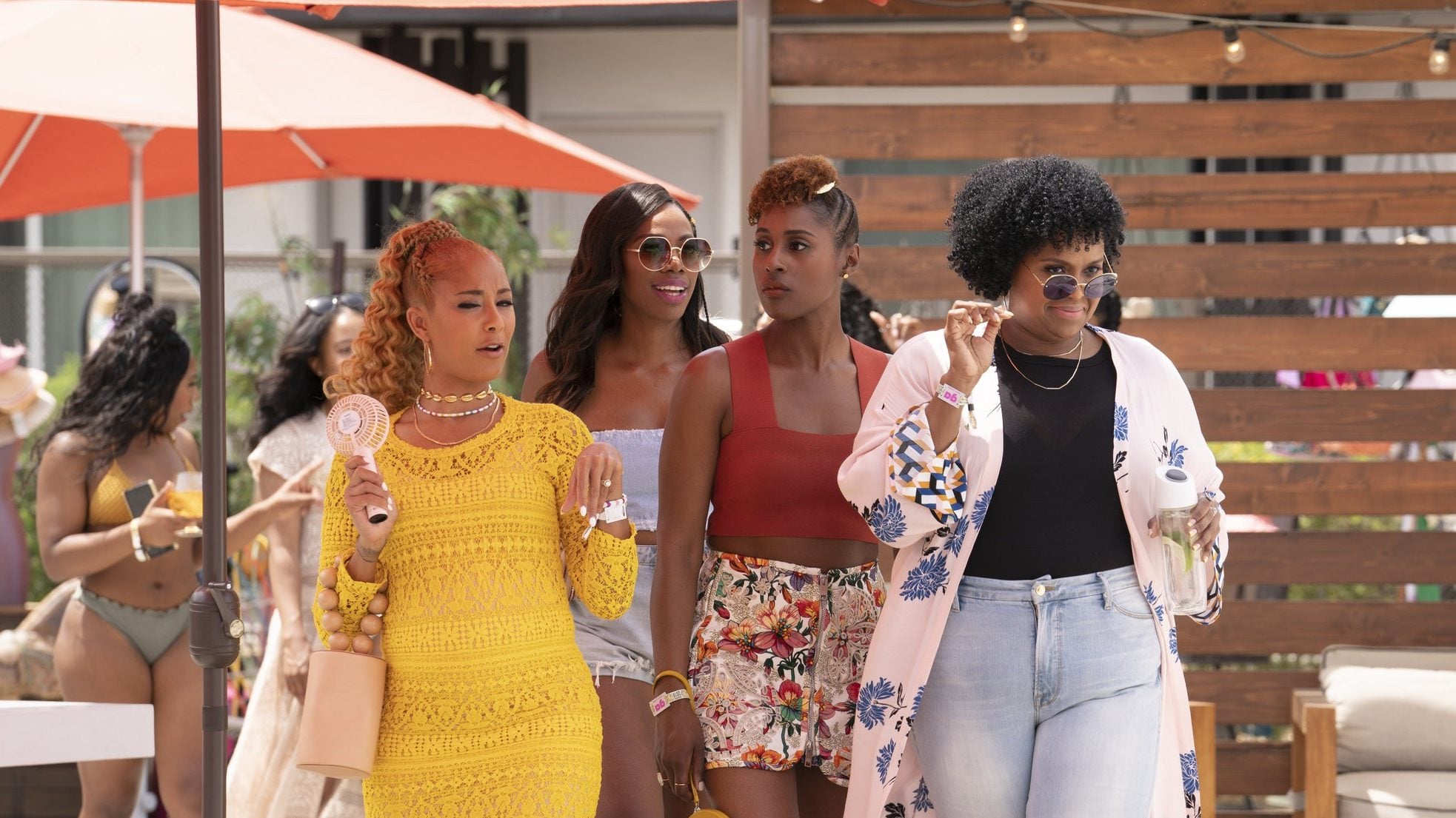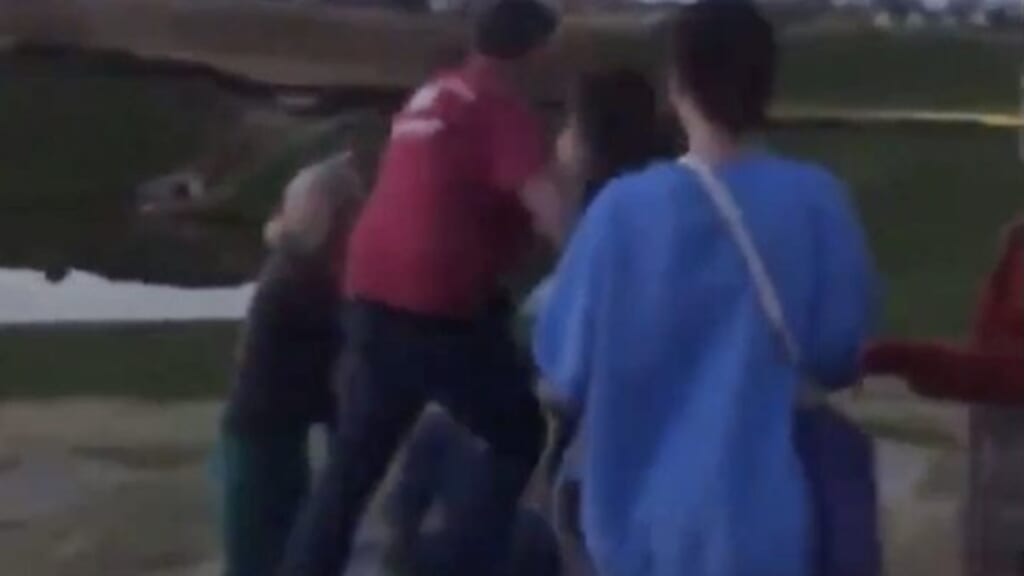Dr. Joynicole Martinez is an internationally esteemed epidemiologist and the founder and CEO of the Alchemist Agency. Through her work, she studies chronic and infectious diseases to understand how they spread and how to control them. “I also work to identify societal characteristics that affect the pattern of disease and health distribution,” she told Black Enterprise.
In addition, as a community advancement and population health expert, she has developed initiatives that reach across disciplines to strengthen health and wellness, including the development of mixed-income, mixed-finance housing communities.
Black Enterprise sat down with Dr. Martinez to discuss her work as an epidemiologist, COVID-19, and infectious disease intervention in communities of color.
Black Enterprise: Let’s discuss the current pandemic, COVID-19. What is it and how is it spread?
Dr. Martinez: Coronaviruses are common circulating viruses that usually cause upper respiratory symptoms such as cough or runny nose. COVID-19 illness is caused by a novel coronavirus called SARS-CoV-2 and is the seventh coronavirus identified that infects humans.
The progression of SARS-CoV-2 infection symptoms is broad. It ranges from asymptomatic infection, mild upper respiratory tract illness, and severe viral pneumonia with respiratory failure to death. Although not highlighted in the initial reports, smell and taste disorders have also been reported as symptoms in patients.
Transmission of SARS-CoV-2 is thought to occur mainly through respiratory droplets. Respiratory droplets can be generated by sneezing (40,000 droplets), coughing (3,000 droplets), or talking (about 600 droplets per minute). It can be transmitted through fomites, or objects that can carry the virus on their surface. Finally, viral shedding is possible via asymptomatic people.
The SARS-CoV-2 virus appears to mutate more slowly than the seasonal flu, which should allow an opportunity to develop a vaccine before the next seasonal cycle. Influenza mutates constantly. That’s why it’s necessary to vaccinate against different strains of the flu each year. The virus causing COVID-19 is mutating at a rate that could allow a single vaccine rather than one that needs to be updated each year.
The rapid spread and large number of people in a community who have recovered will offer a level of natural immunity through antibodies combined with the introduction of a vaccine, that develops community or ‘herd immunity.’ In most cases, 80% to 95% of the population must be immune to the disease to stop its spread. The sooner we vaccinate the less likely we are to have another cycle.
Can you distinguish research models from tracking data?
Tracking is used to identify exposures and isolate individuals who are infected or exposed in an effort to “flatten the curve.” Governments across the world are relying on research models (i.e., mathematical projections) to help guide decisions in this pandemic. These models are not meant to serve as a crystal ball. They always describe a range of possibilities—and those possibilities are highly sensitive to our actions. Because models forecast based on these varying populations and sets of conditions, there is a natural level of uncertainty.
In the early phases of the viral spread, no COVID-19 tests were performed in the USA. As testing began to occur, limited data began to arrive. The data from testing and tracking is changing rapidly, so the forecasts and models change daily. The more data we get, the better our forecasts and the faster we recover as a population.

(Dr. Martinez speaking before an international audience of experts on her research at the P50 Summer Peace Summit in Brussels, Belgium)
Are there certain systemic problems associated with the spread of COVID-19?
Unfortunately, we have as much erroneous and misleading information circulating as that which is factual and helpful. A few weeks ago, we heard rumors of blacks being immune to the virus, that ingesting strange and very dangerous treatments (such as drinking bleach) could prevent infection, and that donning the N95, procedure masks, and gloves could prevent you from becoming sick.
Wearing a face mask is not a guarantee that you won’t get sick – viruses can penetrate the highest-rated masks. However, masks are effective at capturing droplets you expel from your mouth. So, the new recommendation is based on some protection being used so you don’t put others at risk. It also suggests that wearing a face mask may provide some protection against the respiratory droplets transmitted by others.
Tight-fitting N95 respirators filter out at least 95% of particles. By comparison, a typical surgical or procedure mask has a range of 60 to 80%. This N95 rating is only achieved when fitted and worn correctly—which is not easy to do. N95 masks are difficult to put on for people who aren’t trained medical professionals. If you’ve put the mask on right, it is hot and stuffy, so a lot of people take it off before it can be effective.
The masks, gowns, gloves, hoods, and other PPE are also expensive. So, when people seek out testing and they aren’t critically symptomatic, they further strain our already taxed medical infrastructure. The test is not treatment, and there is no magic cure.
Have communities of color been desperately impacted by this situation?
The research shows that individuals with comorbidities are more likely to be hospitalized. Comorbidities or pre-existing conditions that seem to make COVID-19 illness more dangerous and more likely to require hospitalization include hypertension (most common), followed by diabetes and coronary artery disease, COPD, chronic liver disease, asthma, and obesity. People who have immune systems that are compromised have a reduced ability to fight infections and other diseases. This may be caused by certain diseases or conditions, such as AIDS, cancer, diabetes, malnutrition, and certain genetic disorders.
According to the most recent data available from Department of Health and Human Services Office of Minority Health, when compared with non-Hispanic white citizens in the U.S., blacks are 60% more likely to be diagnosed with diabetes, 20% more likely to die from heart disease, have the highest rate of any racial and ethnic group for all cancers combined and for most major cancers, and represent 44% of the HIV positive population.
In the US, blacks and minority groups dealing with systemic obstacles to food, housing, employment, healthcare, and education will more frequently suffer preexisting conditions and become more ill if infected.
The rate of infection is not biological. The virus can’t see your race and it will infect you without regard to your skin color.
Don’t buy into the hype, understand the underlying issues. Racism, segregation, and inequality contribute to health outcomes and drive health disparities across the life course and this pandemic just highlights what we already knew.
What is your best advice, framed as a holistic approach, in addressing the outbreak going forward?
People are our best offense and defense. Individuals must altruistically follow social distancing regulations—that’s their front line. Next is to carefully share information from qualified sources. Finally, adhering to the thresholds for testing, which ensure that professionals treat the most ill and staying safe by sheltering-in-place and practicing strict hygiene protocol are smart things we can all do.
If you’re a middle-aged, reasonably healthy person and you develop mild, flu-like symptoms and think you may be infected, the new guidance is to call your doctor. Your doctor will likely tell you to assume you’re infected and self-quarantine until you’ve been fever-free for three days (unless your condition worsens, in which case call your doctor again).
Social distancing is our only real, scalable strategy at this point. It’s the only lever big enough that, if we pull it really hard, will actually flatten the curve and keep our hospitals from being overwhelmed, as we see in New York City. Plan A was to stop it from escalating. We’re on to Plan B, and there is no Plan C. So, we have to make this work, period.
from Black Enterprise https://ift.tt/3c1JMzO
via












